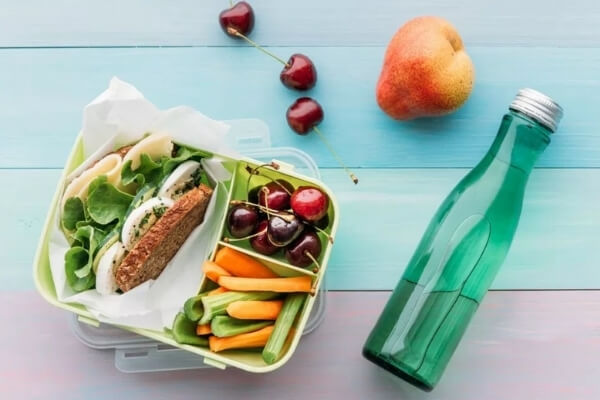Eating “clean”? What does it actually mean?
Clean eating is a simple concept. Rather than revolving around the idea of ingesting more or less of specific things (for instance, fewer calories or more protein), the idea is more about being mindful of the food’s pathway between its origin and your plate. At its simplest, clean eating is about eating whole foods, or “real” foods — those that are un- or minimally processed, refined, and handled, making them as close to their natural form as possible.
Unprocessed foods include:
• Fresh fruits and vegetables
• Dried legumes
• Nuts
• Fresh eggs
Minimally processed foods include:
• Unrefined grains, like whole wheat bread and pasta, popcorn, steel-cut oatmeal, quinoa, and brown rice
• Frozen fruits and vegetables
• Unprocessed meat; wild over pastured, pastured over grain-fed
• Hormone-free dairy
• Oils
Pesticide – free organic food is preferable to avoid consuming added hormones or chemicals. Unlike nearly all diets, the ‘Clean Eat’ recipes don’t include precise amounts – that’s because clean eating is all about getting used to relying on your natural hunger and fullness cues to tell you when to eat and when to stop. It’s important to note that eating clean doesn’t give you free reign to eat endless quantities. They may be healthy, but they still have calories. So think of your plate in terms of fifths: three-fifths should be fruits and vegetables, one-fifth should be protein, and one-fifth healthy carbs. Also, eating clean doesn’t mean you need to eat everything raw and straight from the ground. It means choosing minimally processed foods with few ingredients on the label, if it has a label at all, cooking more of our own meals, as we did 50 to 60 years ago, rather than relying on processed convenience foods.
Multiple studies have also shown diets rich in whole foods like wholegrain carbs, nuts, fruit and veg – and low in the likes of ready meals, biscuits and fast food – can reduce your risk of life-threatening conditions such as type2 diabetes, heart disease and even certain cancers.
There is also evidence that a real food diet can even benefit your looks – by leaving skin clear and glowing and hair strong and shiny and helps you lose weight.
